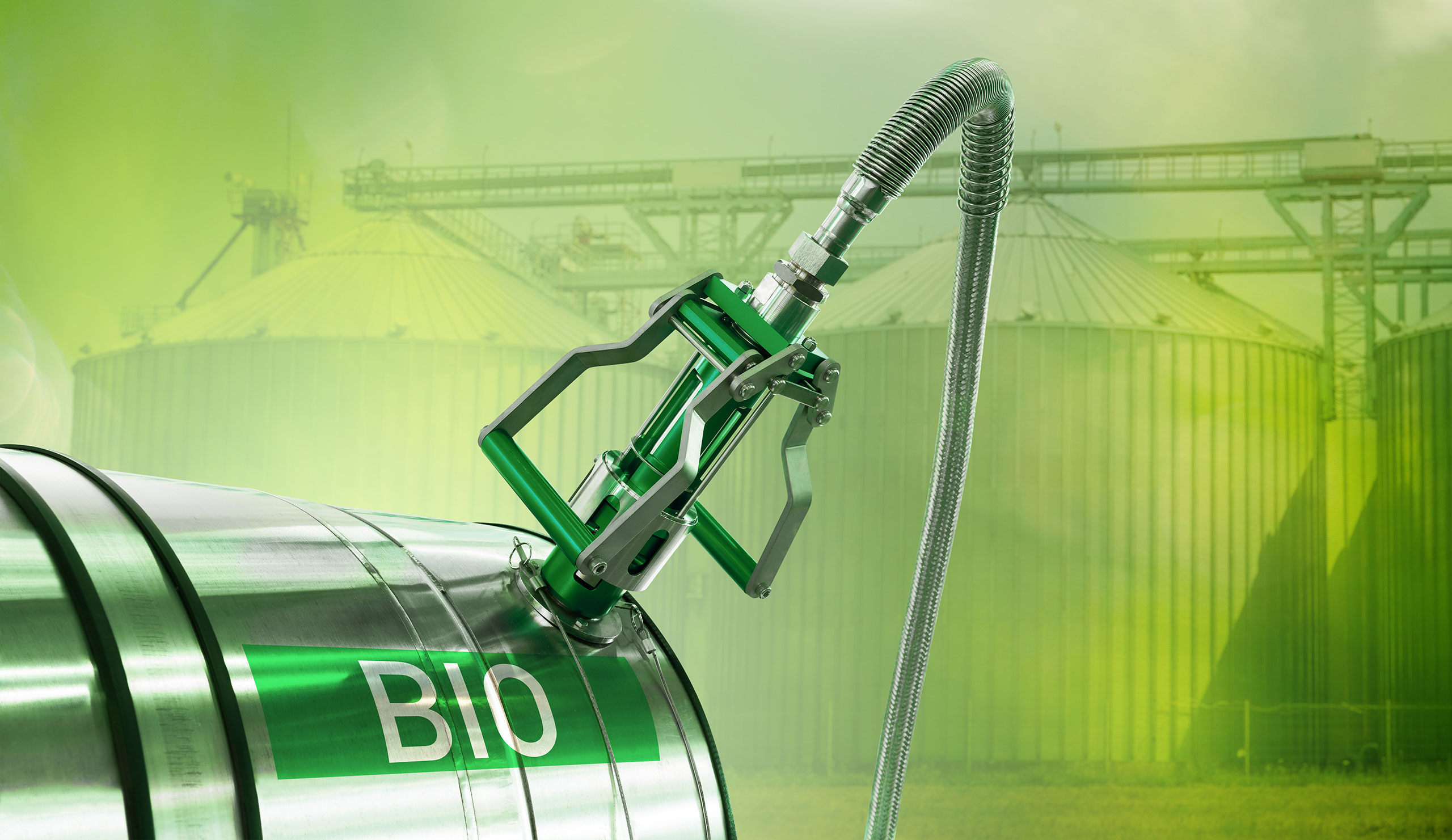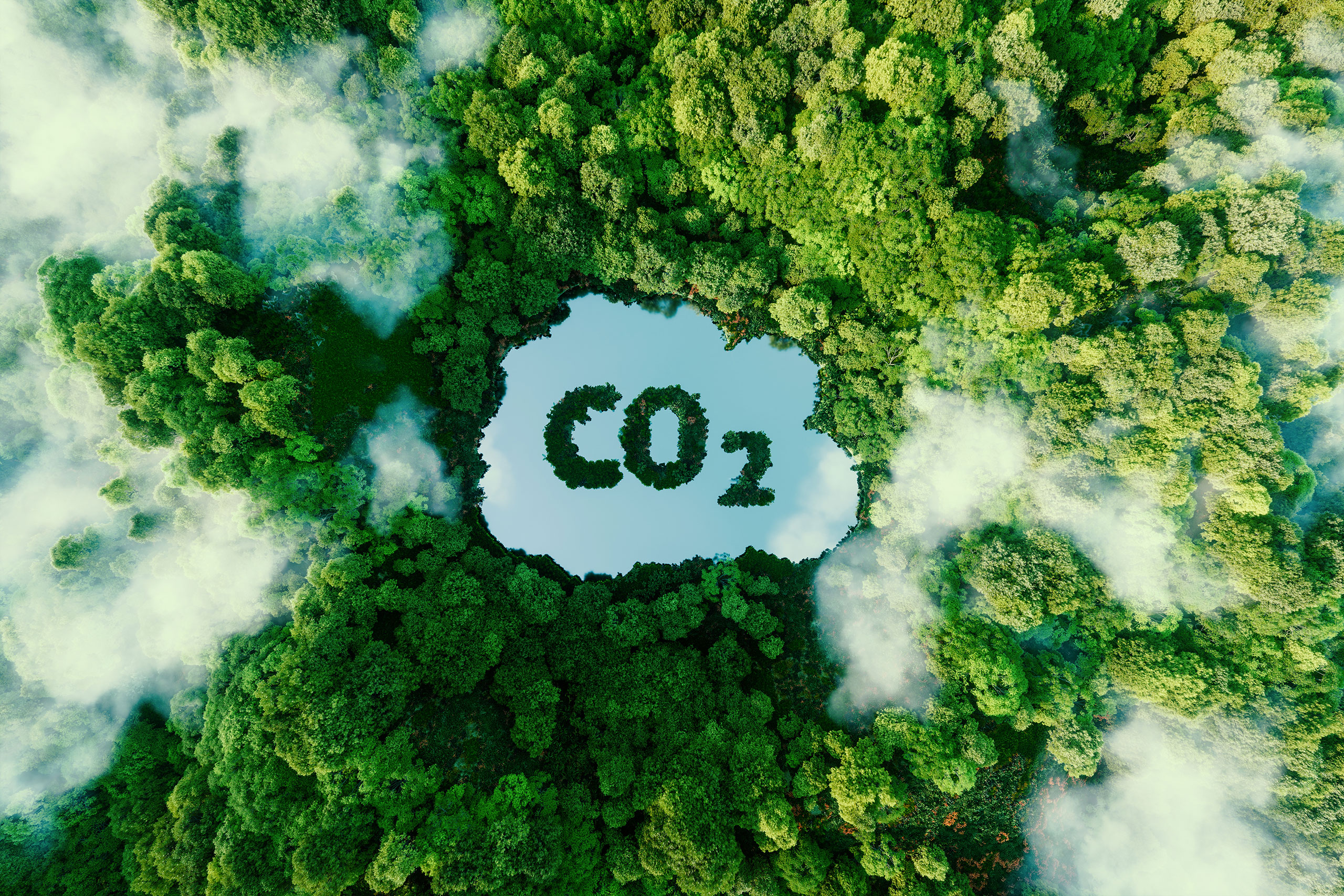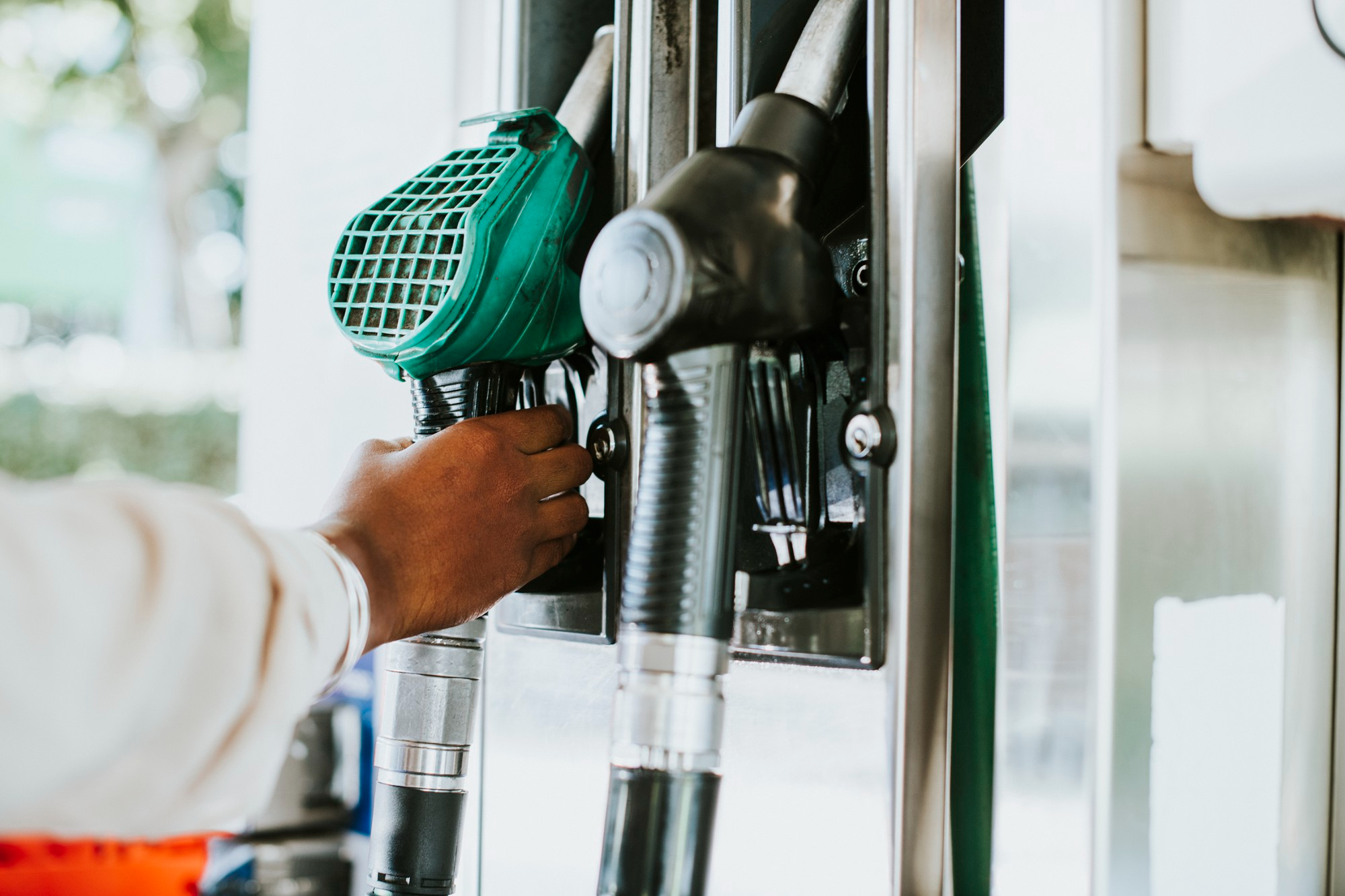Biofuels are liquid or gaseous renewable fuels produced from biomass (cf. European Court of Auditors). According to other definitions, biofuels also include solid biofuels.
Biofuels are an emerging technology that is important for achieving the country's and global climate goals by decarbonising the transport sector.
Decarbonisation of the transport sector
Cleaner environment
Less waste
Compatibility with current technologies
TYPES OF BIOFUELS
Depending on the state of aggregation, biofuels are classified as follows:
- Solid biofuels (firewood, wood residues, wood pellets, animal waste, plant material);
- Liquid biofuels (biogasoline, biodiesel, biokerosene);
- Biogas (from anaerobic fermentation and thermal processes).
Biofuels can be classified according to the feedstock used:
- First generation biofuels - from edible raw materials;
- Second generation biofuels - from agricultural by-products or cellulosic materials;
- Third generation biofuels - raw materials grown in the aquatic environment;
- Fourth generation biofuels - genetically improved micro-organisms.
THE IMPORTANCE OF BIOFUEL DEVELOPMENT FOR ROMANIA
Supporting the automotive industry
The automotive industry accounts for 11% of Romania's GDP. The development of new technologies is an opportunity for the automotive industry to tap into the innovation that is essential for the sector to remain competitive.
Timing
There is a positive trend in Europe to invest in clean technologies. This is why Romania must access the amounts available through the Modernisation Fund and the NRDP, in favour of its own development.
Making better use of agricultural products
With a generous agricultural area and a mature agricultural sector, the development of biofuels from local feedstock can be an opportunity for farmers to sell their crops at better prices.
NATIONAL BIOFUEL DEVELOPMENT MEASURES
Romania has committed itself to a greenhouse gas reduction target of at least 6%, through Government Emergency Ordinance no. 80/2018, as well as the target of at least 10% renewable energy used in all forms of transport set out in Law no. 220/2008 (cf. sgg.gov.ro)
One of the measures already taken is the obligation to use a mix of conventional fuels and biofuels, i.e. bioethanol (made from corn, wheat, sugar beet) and biodiesel (made from oil plants or animal fats).
The measure has been imposed from 1 June 2023.
Among the steps needed to stimulate biofuel production in Romania are:
- Biofuels law, to strengthen the necessary legislative framework;
- Supporting the aviation industry. Measures to decarbonise the sector include the use of SAF (sustainable aviation fuel), but the still high costs mean that companies are not yet adopting biofuels on a large scale;
- Pilot projects to highlight the needs and constraints of biofuel production and use;
- Research investment: because the raw materials are so diverse, investment in research is needed to optimise biofuel production methods.
USE OF WASTE FOR BIOFUEL PRODUCTION
Biofuels can contribute to lower environmental quality and greenhouse gas emissions by using waste as a feedstock. One of the most important resources in this respect is used cooking oil, which is available in large quantities nationwide.
In the case of waste oil, it is imperative to educate the population, which must become aware of the polluting capacity of this waste and also of the opportunities it offers. Incentives for the population are also a viable solution for the collection of waste oil. (eca.europa.eu)





